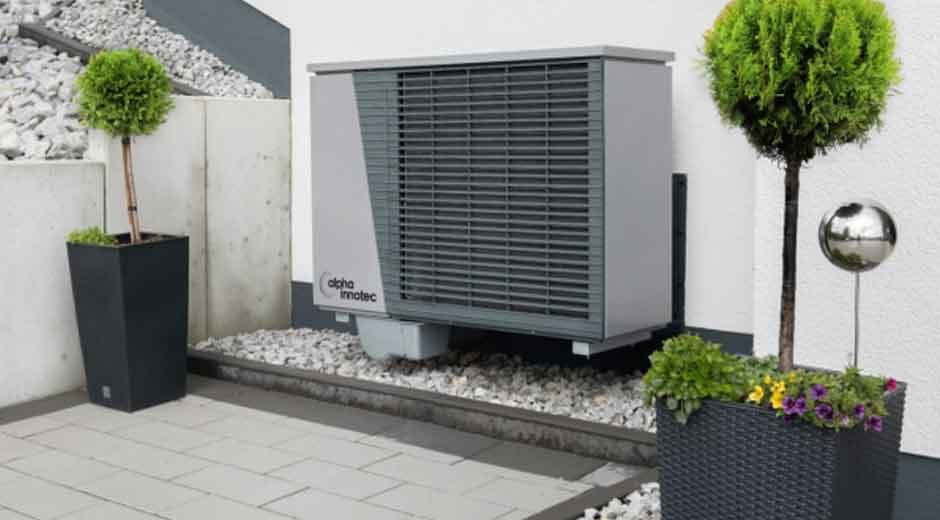When the summer heat is in full swing or winter’s chill sets in, your HVAC system is the unsung hero that keeps your home livable. It runs quietly in the background until something goes wrong. And when it does, it often happens at the worst possible time. But here’s the good news: many HVAC problems give off warning signs long before a breakdown. If you know what to look for, you can save yourself from the stress and cost of emergency repairs.
The key is early detection. A small issue that goes unchecked can quickly turn into a major repair or even a full system replacement. By learning to recognize trouble early, you give yourself a chance to act before things spiral out of control. So, how can you tell when your HVAC system is crying out for help? Let’s break it down.
Schedule Timely Inspections and Know When to Seek Repair
One of the first steps to avoiding emergencies is scheduling regular HVAC inspections. A professional check-up can catch issues that aren’t visible to the untrained eye. However, there are signs you can watch for between visits that often signal it’s time to act. Uneven airflow, strange noises, or a spike in energy bills can all be early indicators of trouble.
If your system is cooling inefficiently, not turning on at all, or emitting odd smells, those are red flags you shouldn’t ignore. In such cases, it’s smart to consult an expert in AC repair who can diagnose and address the problem before it worsens. Trusted professionals can offer timely service and help prevent bigger breakdowns by fixing small issues early on.
Watch for Unusual Sounds and Odors
Your HVAC system should be relatively quiet. If you start hearing rattling, banging, or grinding noises, there could be loose or broken components. Likewise, foul or musty smells can indicate mold, electrical problems, or even a burned-out motor. These issues not only affect the system’s performance but could also be harmful to your indoor air quality.
If you detect a burning smell or something that resembles gunpowder or smoke, shut the system down and call a technician immediately. Electrical hazards are no joke and should never be ignored. Strange sounds and odors are often the earliest warnings your system gives, and responding quickly can mean the difference between a minor tune-up and a costly repair.
Monitor Changes in Performance
Does your HVAC system seem to be working harder to achieve the same results? Are some rooms too hot while others remain cold? Inconsistent temperatures often suggest a malfunctioning thermostat, duct issues, or failing components. You might also notice your system cycling on and off more frequently, which can strain its internal parts and shorten its lifespan.
A noticeable dip in performance should prompt an immediate inspection. You don’t want to wait until your system shuts down completely. Performance-related issues are often overlooked until they become unavoidable, but a proactive approach helps you stay ahead of potential problems.
Keep an Eye on Your Utility Bills
Sometimes the first clue that your HVAC system is struggling comes in the form of an inflated utility bill. If your energy usage hasn’t changed significantly but your bill has, your system may be operating inefficiently. It could be due to clogged filters, refrigerant leaks, or worn-out components.
Comparing your current bill with previous months is a helpful way to track patterns. If you notice a steady increase without explanation, it’s worth getting your system checked. Preventive maintenance can often solve these issues quickly, restoring both your system’s performance and your monthly budget.
Don’t Ignore Moisture or Leaks
Leaks around your HVAC system can be a sign of several problems. You might have a clogged drain line, a refrigerant leak, or an issue with your condensate pump. While a little condensation is normal, pools of water or visible dripping are not. These issues can lead to water damage and mold growth if left unaddressed.
Moisture also affects your system’s ability to cool effectively, meaning it has to work harder and use more energy. If you see signs of leaks, schedule a service visit right away. Addressing moisture problems early can protect your home and extend the life of your HVAC system.
Stay on Top of Filter Changes and Vents
One of the easiest ways to prevent HVAC trouble is by regularly changing your air filters. Clogged or dirty filters force your system to work harder, leading to reduced efficiency and increased wear and tear. Most filters should be replaced every one to three months, depending on usage and indoor air quality.
Additionally, keep vents clear of obstructions like furniture, drapes, or dust buildup. Blocked vents can restrict airflow and cause uneven heating or cooling. Taking just a few minutes each month to check your filters and vents can make a big difference in system performance.
Know When to Call a Pro
While it’s great to stay informed and watch for early signs of trouble, there comes a point when professional help is necessary. DIY fixes can only go so far. If you’re unsure about a symptom or if the problem persists after basic troubleshooting, call a certified technician.
Professionals can perform a comprehensive system check, identify hidden issues, and recommend repairs or replacements as needed. It’s better to be safe than sorry, especially when the comfort and safety of your home are at stake.
No one likes dealing with emergency HVAC breakdowns, especially during peak weather. The good news is that many of these situations can be avoided with early attention and basic maintenance. By staying alert to changes in performance, unusual sounds, and increased energy bills, you can catch problems before they escalate.
Scheduling routine check-ups and knowing when to call in an expert are simple yet effective steps toward a more reliable system. Remember, a little awareness now can save you a lot of time, stress, and money down the road. Your HVAC system works hard for you; make sure you return the favor.






